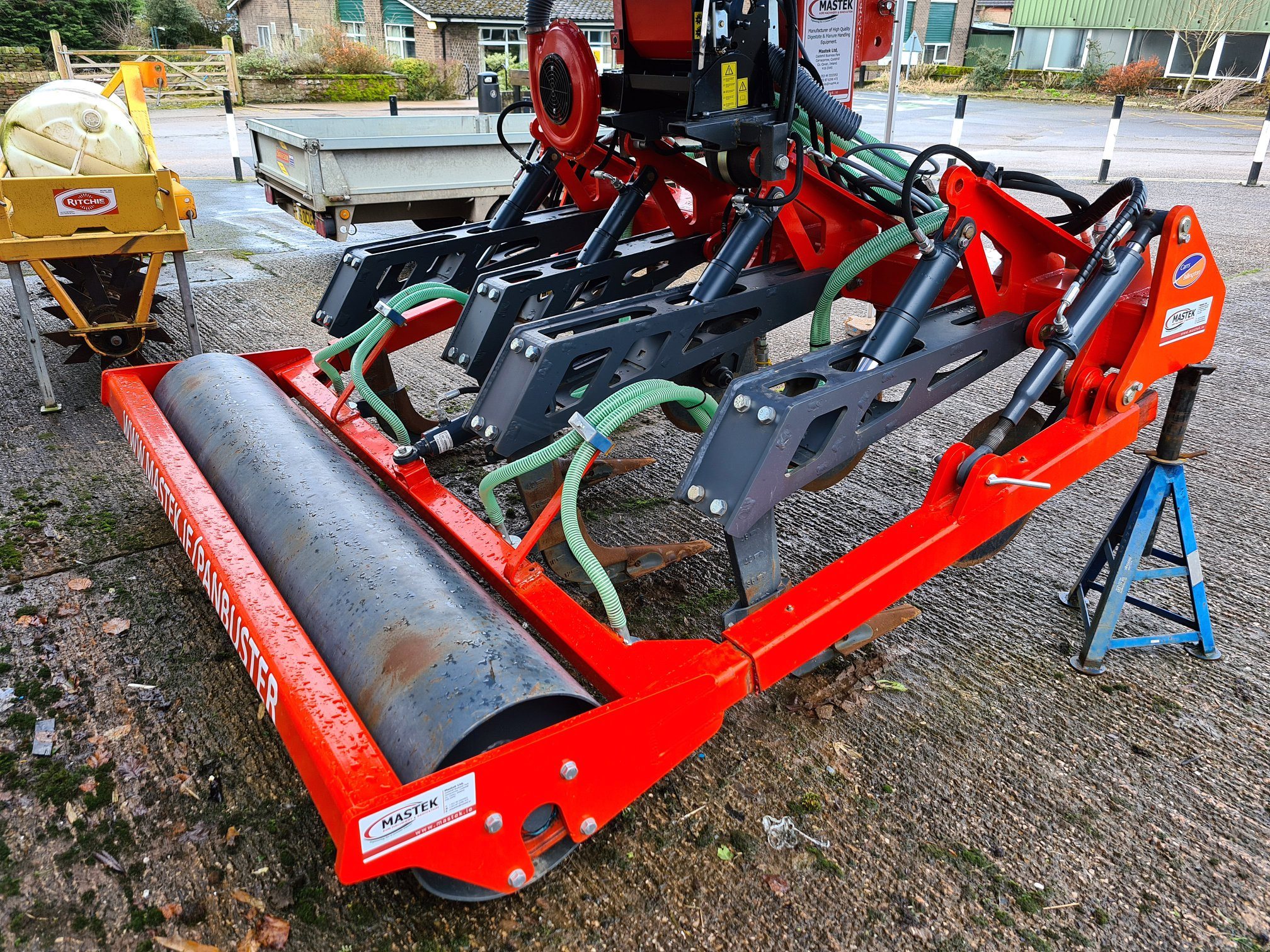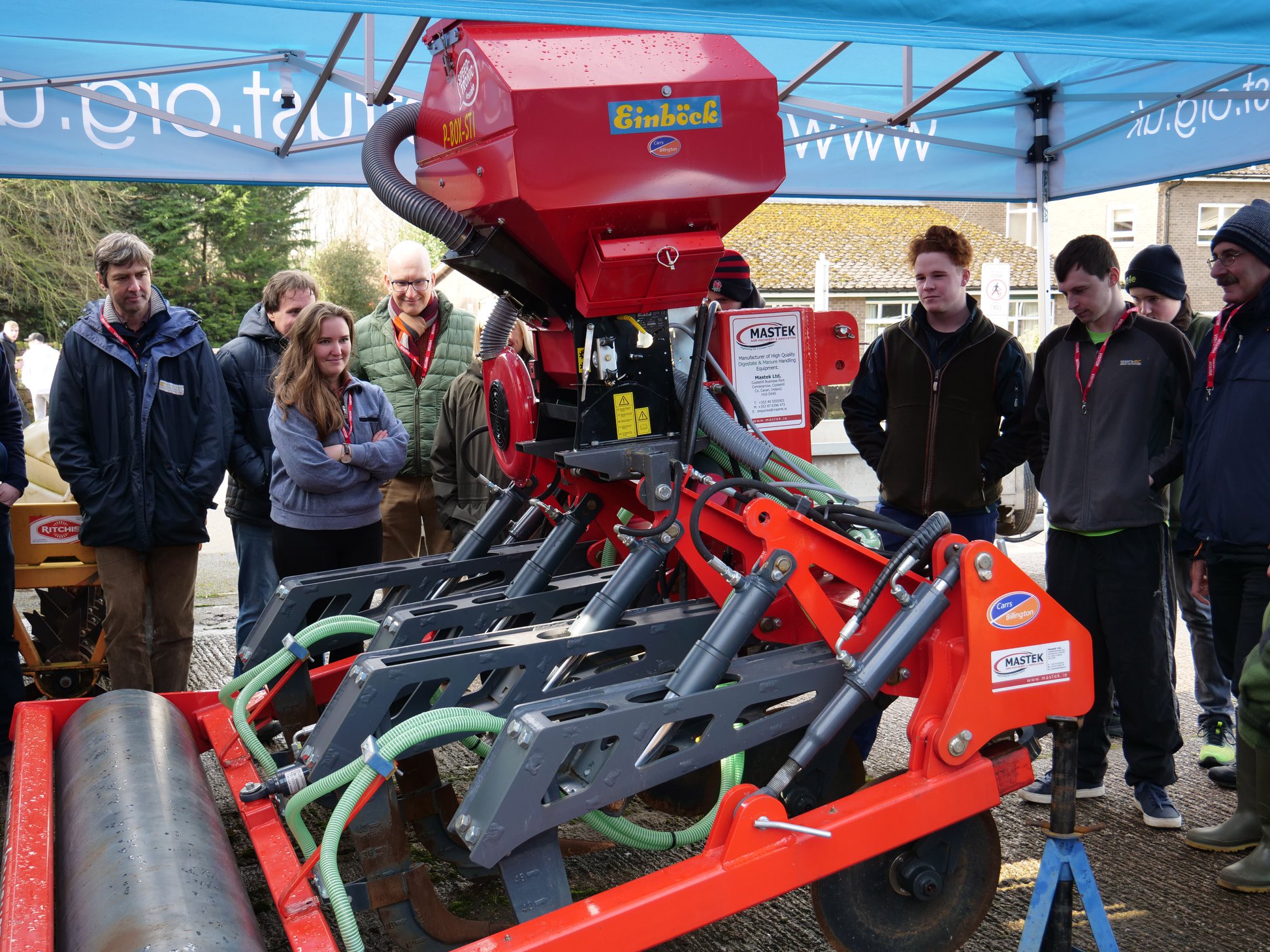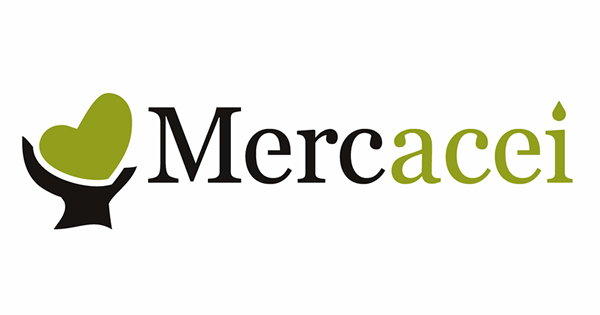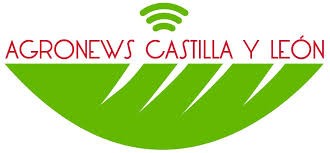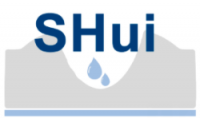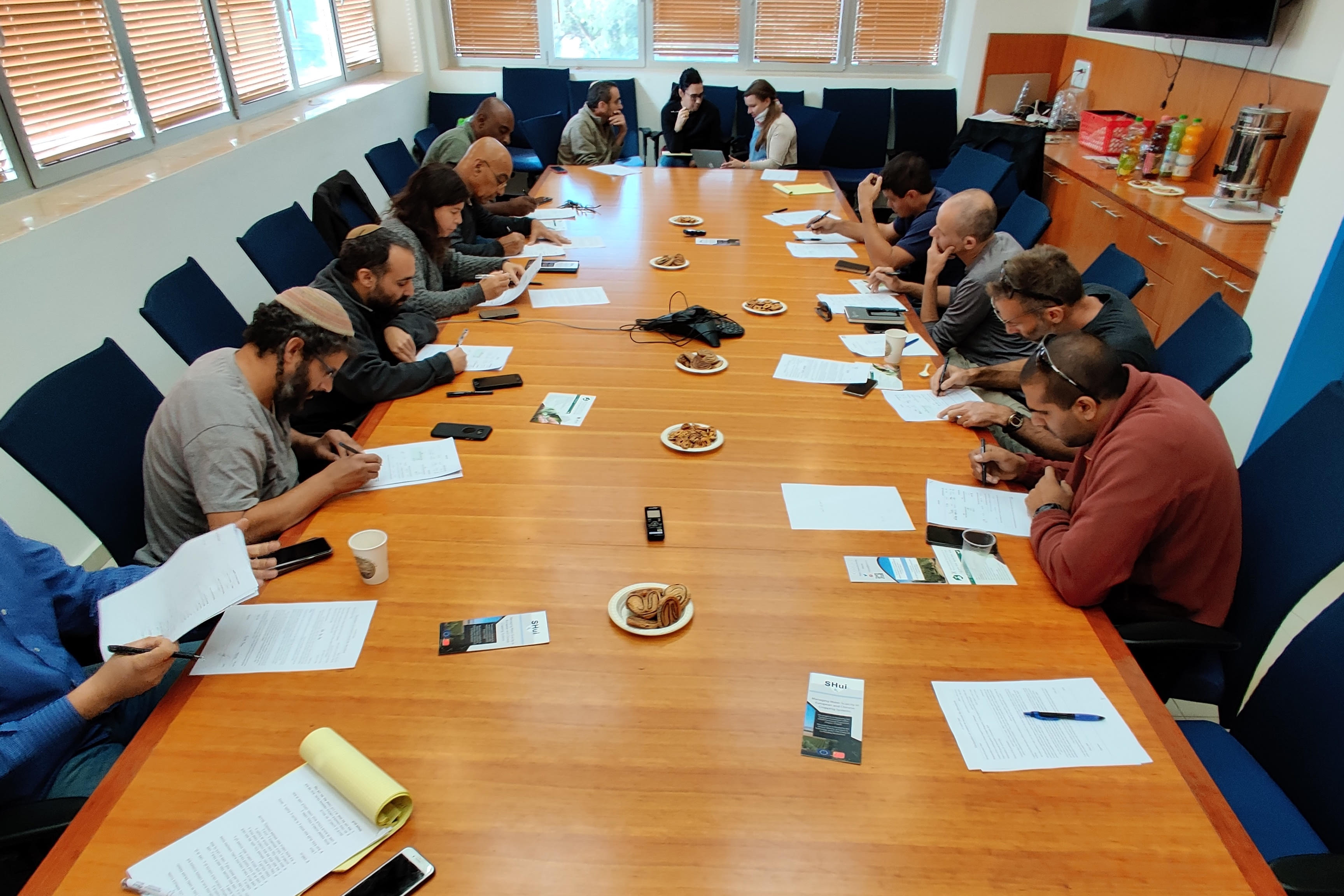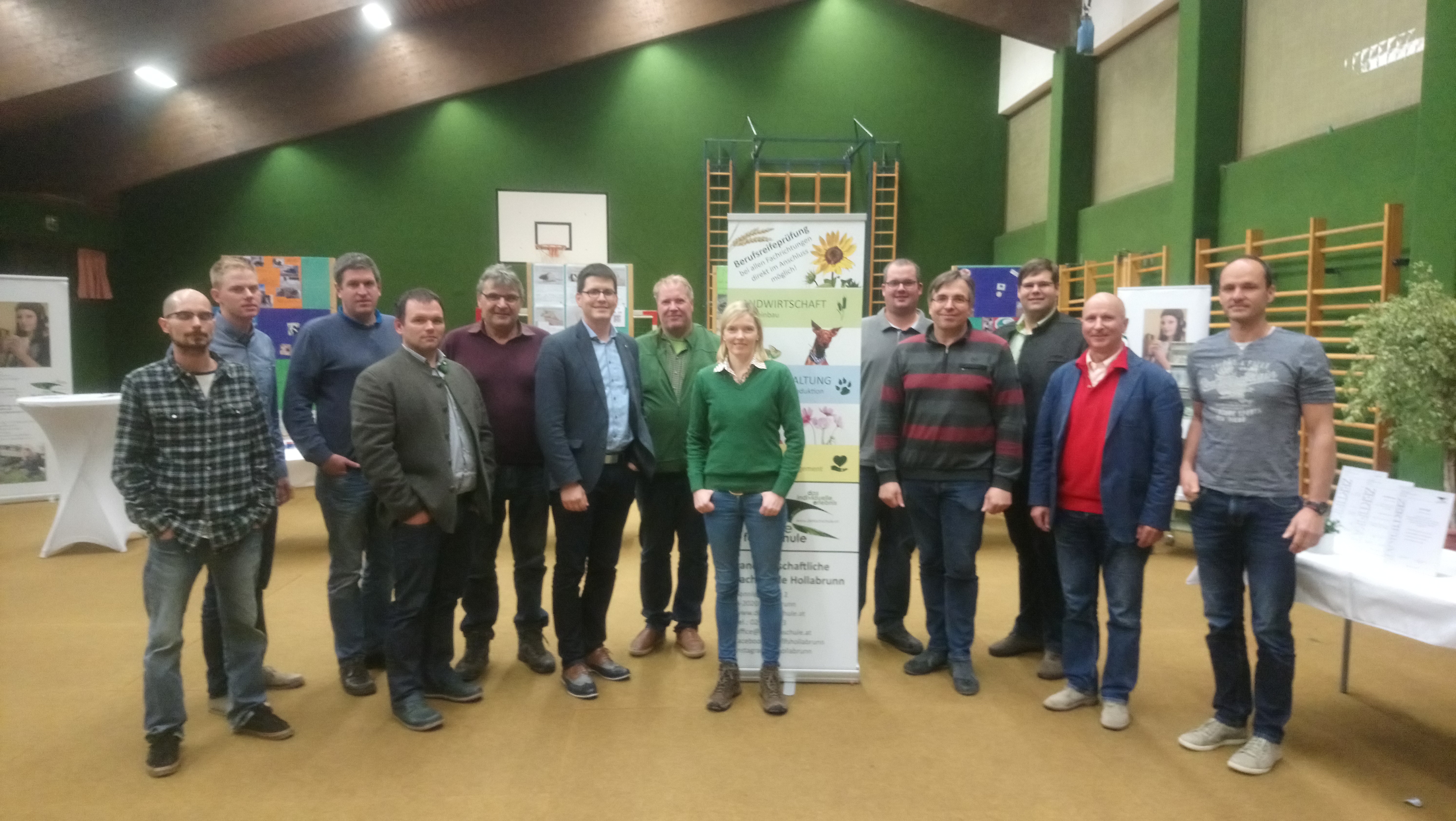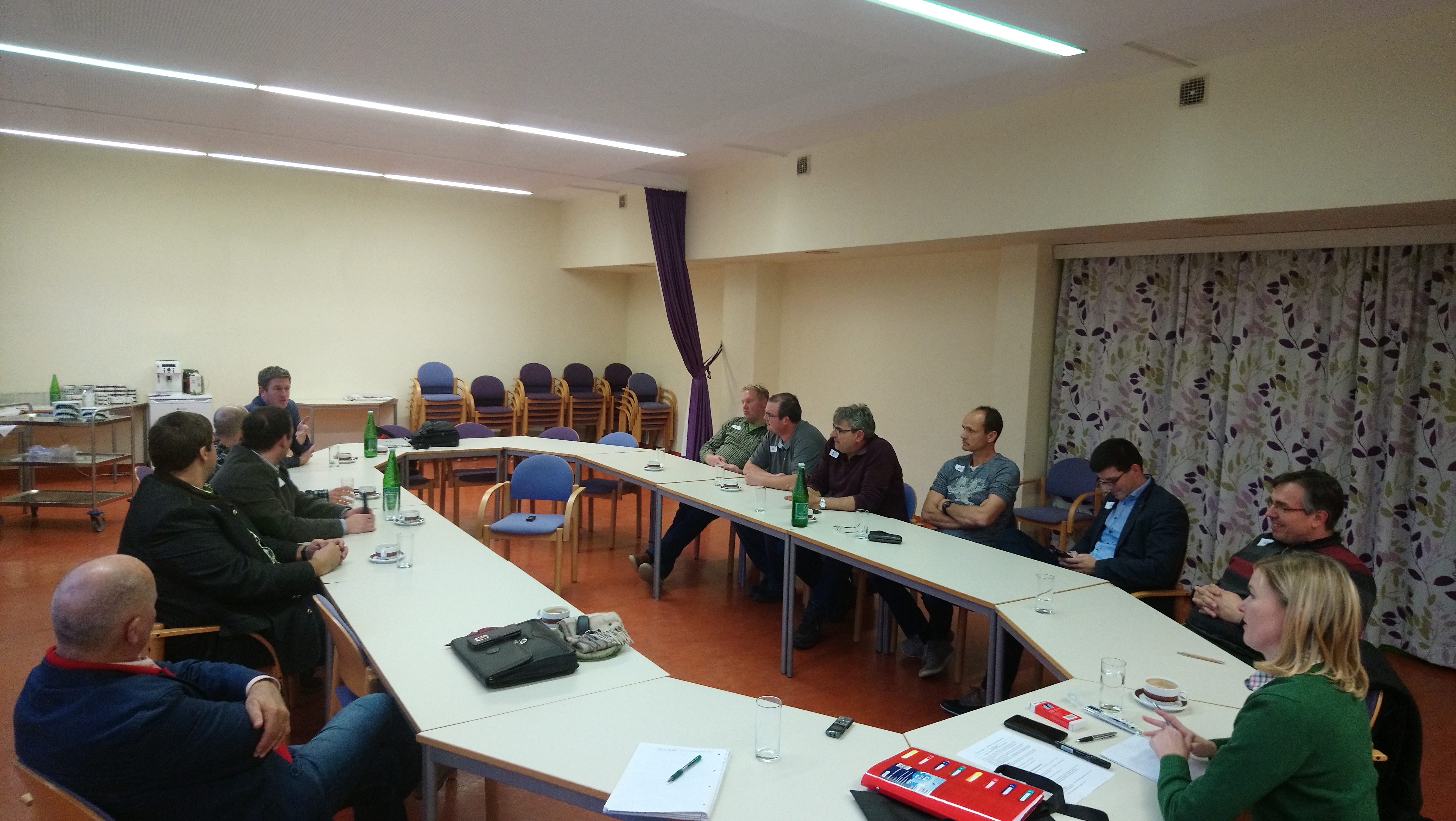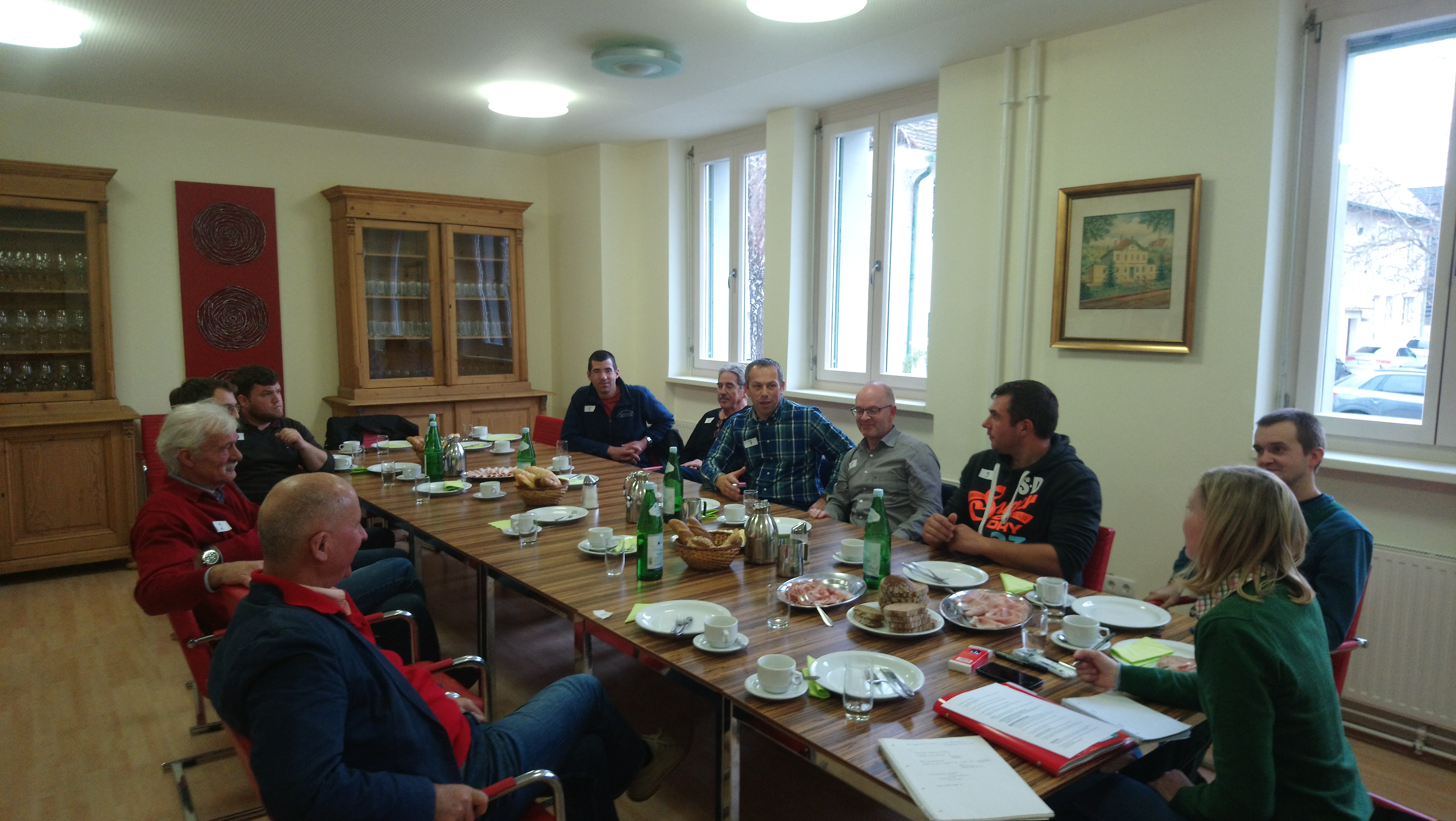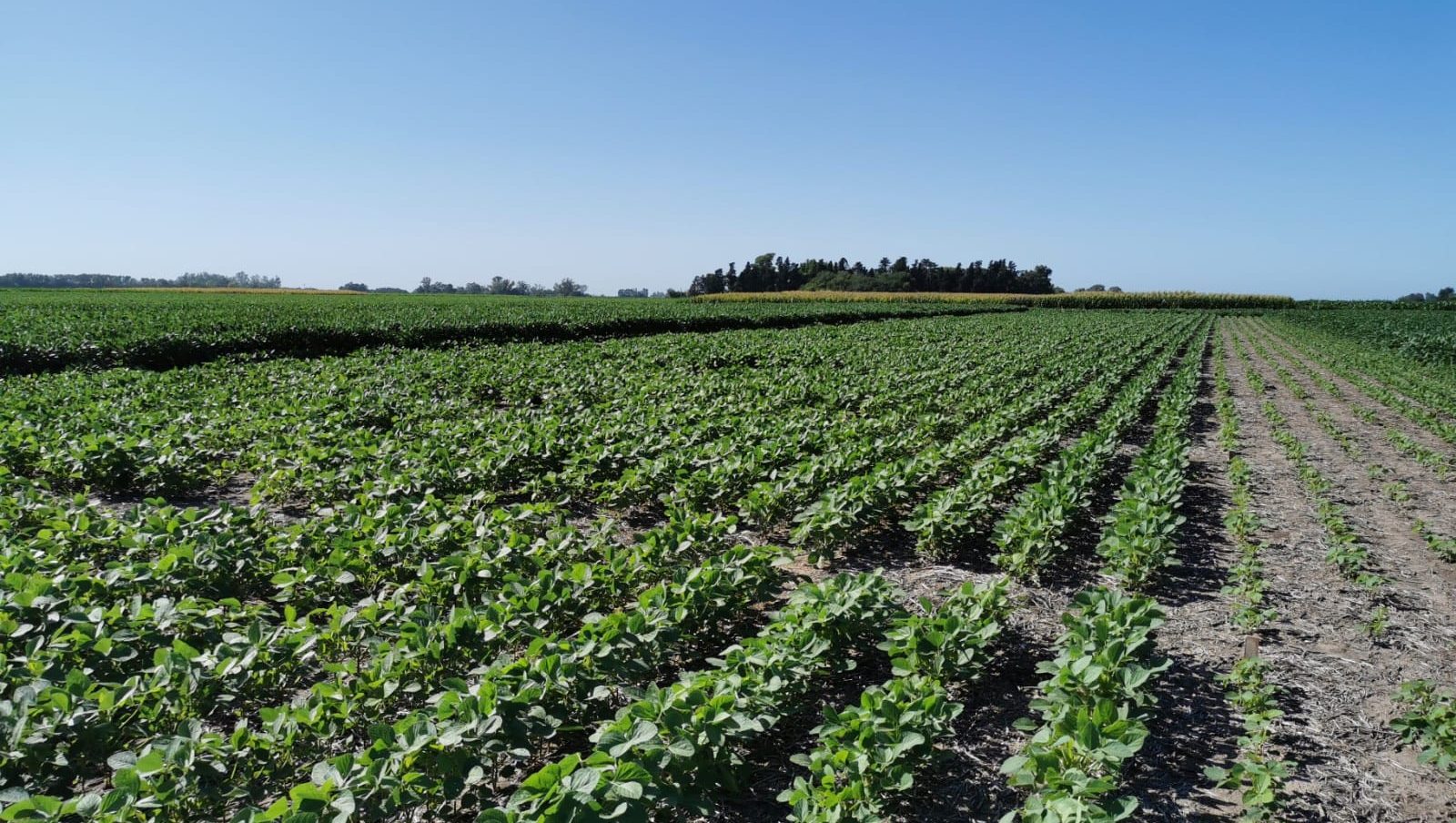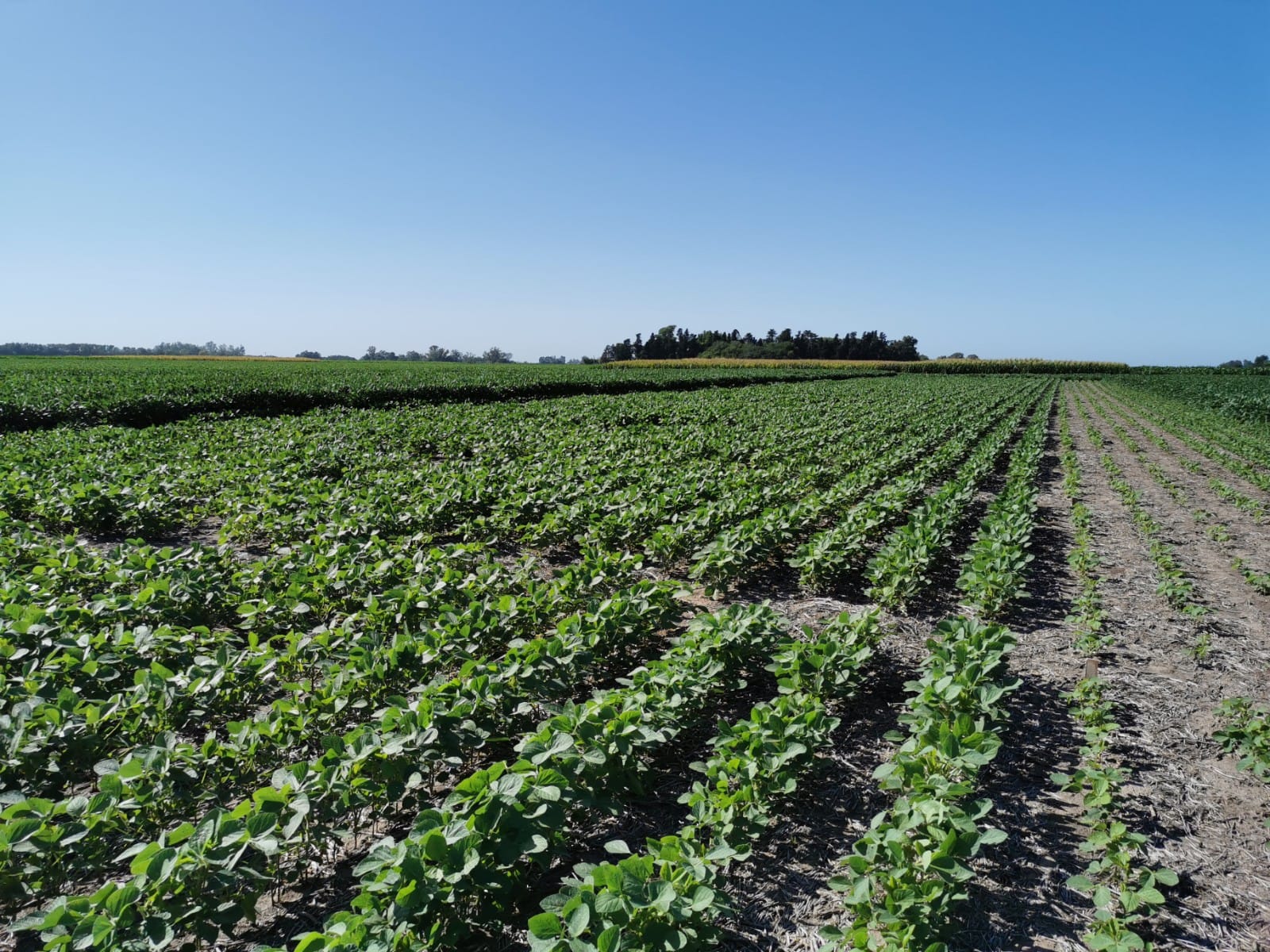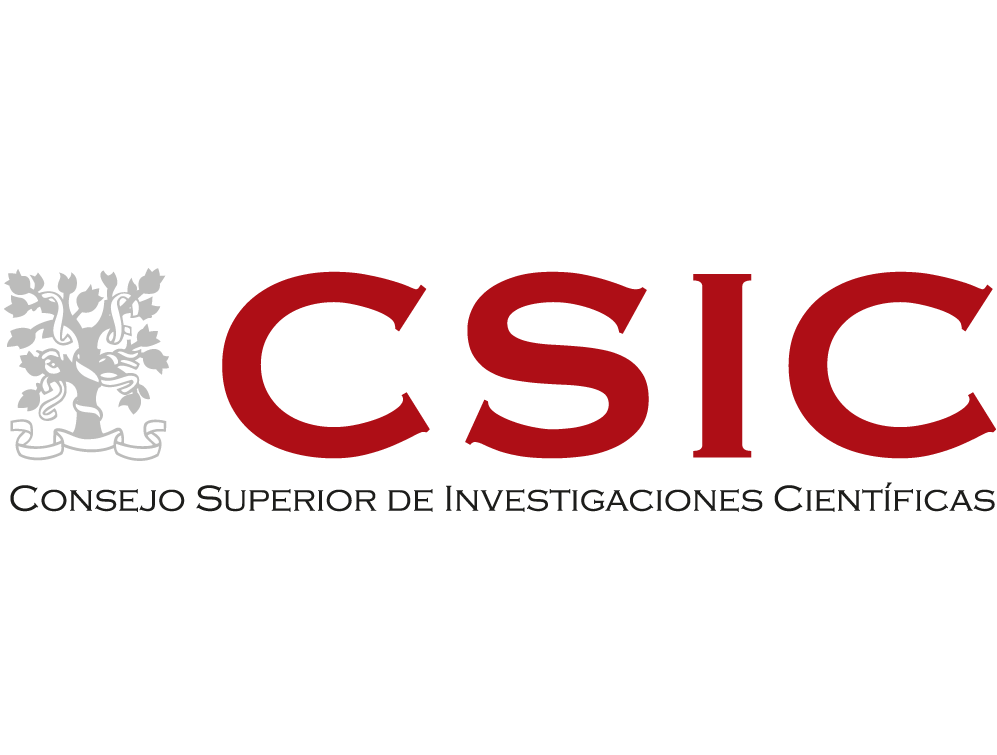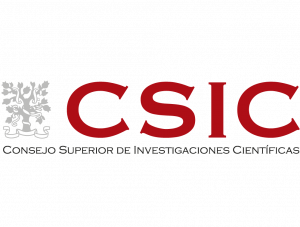International Soil and Water Conservation Research, 2020, https://doi.org/10.1016/j.iswcr.2020.01.001
José A. Gómeza, Alon Ben-Galb, Juan J. Alarcónc, Gabrielle De Lannoyd, Shannon de Roosd, Tomáš Dostále, Elias Fereresf, Diego S. Intriglioloc, Josef Krásae, Andreas Klikg, Gunther Liebhardg, Reinhard Nolzg, Aviva Peetersh, Elke Plaasi, John N. Quintonj, Miao Ruik, Peter Straussl, Xu Weifengk, Zhiqiang Zhangm, Funing Zhongn, David Zumre, Ian C. Doddj
a Institute for Sustainable Agriculture, IAS, CSIC, Avda Menendez Pidal S/N, Cordoba, Spain
b Agricultural Research Organization, Gilat Research Center, Israel
c Centro de Edafología y Biología Aplicada Del Segura (CSIC), Dept. Riego, Murcia, Spain
d Department of Earth and Environmental Sciences, KU Leuven, Heverlee, Belgium
e Czech Technical University in Prague, Faculty of Civil Engineering. CVUT, Prague, Czech Republic
f Agronomy Department, University of Cordoba, Cordoba, Spain
g University of Agricultural Sciences Vienna (BOKU), Vienna, Austria
h TerraVision Lab, Midreshet Ben-Gurion, Israel
I Georg-August-Universität Göttingen, Germany
j Centre for Sustainable Agriculture, Lancaster Environment Centre, Lancaster University, UK
k Center for Plant Water-Use and Nutrition Regulation and College of Life Sciences, Joint International Research Laboratory of Water and Nutrient in Crops, Fujian Agriculture and Forestry University, Fuzhou, China
l Institute for Land and Water Management Research, Federal Agency for Water Management, Petzenkirchen, Austria
m College of Soil and Water Conservation, Beijing Forestry University, Beijing, China
n College of Economics and Management, Nanjing Agricultural University, NAU, Nanjing, China
Abstract
This article outlines the major scientific objectives of the SHui project that seeks to optimize soil and water use in agricultural systems in the EU and China, by considering major current scientific challenges in this area. SHui (for Soil Hydrology research platform underpinning innovation to manage water scarcity in European and Chinese cropping systems) is large cooperative project that aims to provide significant advances through transdisciplinary research at multiple scales (plot, field, catchment and region). This paper explains our research platform of long-term experiments established at plot scale, approaches taken to integrate crop and hydrological models at field scale; coupled crop models and satellite-based observations at regional scales; decision support systems for specific farming situations; and the integration of these technologies to provide policy recommendations through socio-economic analysis of the impact of soil and water saving technologies. It also outlines the training of stakeholders to develop a basic common curriculum despite the subject being distributed across different disciplines and professions. As such, this article provides a review of major challenges for improving soil and water use in EU and China as well as information about the potential to access information made available by SHui, and to allow others to engage with the project.
